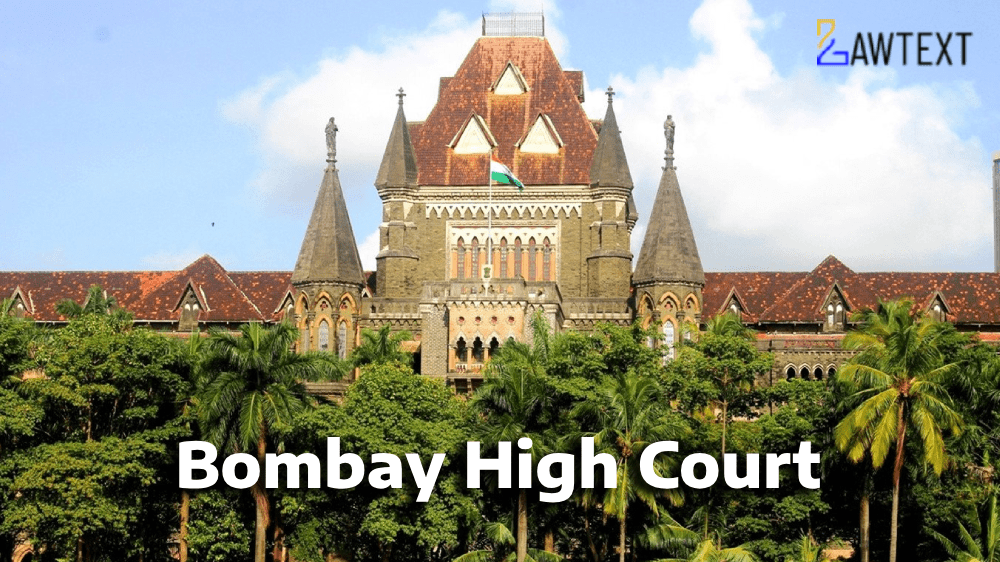

The consolidated petitions, involving orders passed by the Consumer Grievance Redressal Forum (CGRF) in individual complaints against the Maharashtra State Electricity Distribution Company Ltd. (MSEDCL), are resolved through this common judgment. The petitions center around the alleged non-compliance by MSEDCL with the Maharashtra Electricity Regulatory Commission (MERC) orders.
The petitions relate to several orders issued by MERC between 2013 and 2017, which directed MSEDCL to recover specific amounts through the Fuel Adjustment Charge (FAC) and other components. The compliance with these orders was questioned by the respondents, leading to grievances filed with the Internal Grievance Redressal Cell (IGRC) and subsequently the CGRF.
The judgment underscores the accountability of distribution companies to adhere strictly to regulatory orders and provides clarity on the scope of consumer grievance redressal mechanisms, affirming the CGRF's role and decisions in ensuring compliance and addressing consumer grievances effectively.
Citation: 2024 LawText (BOM) (7) 161
Case Number: WRIT PETITION NO. 7152 OF 2019 WITH INTERIM APPLICATION NO. 270 OF 2020 WITH INTERIM APPLICATION NO. 13109 OF 2023 IN WRIT PETITION NO. 7152 OF 2019 WITH WRIT PETITION NO.7198 OF 2019 WITH WRIT PETITION NO. 7199 OF 2019 WITH WRIT PETITION NO. 9554 OF 2021 WITH WRIT PETITION NO. 12491 OF 2023 WITH WRIT PETITION NO. 1842 OF 2021 WITH WRIT PETITION NO. 2961 OF 2023 WITH WRIT PETITION NO. 14178 OF 2022 WITH WRIT PETITION NO.5338 OF 2023 WITH WRIT PETITION NO. 5363 OF 2023 WITH WRIT PETITION NO. 5345 OF 2023 WITH WRIT PETITION NO. 12490 OF 2023 WITH WRIT PETITION NO. 729 OF 2023 WITH WRIT PETITION NO. 12234 OF 2023 WITH WRIT PETITION NO. 758 OF 2023 WITH WRIT PETITION NO.14483 OF 2022
Date of Decision: 2024-07-16
Case Title: Maharashtra State Electricity Ors. Versus Jindal Polyfilms Ltd Ors.
Before Judge: Sharmila U. Deshmukh, J.
Advocate(s): Mr. Harvinder Toor a/w. Mr. Kiran Gandhi a/w. Mr.Akash Kothari, i/by Little and Co. for Petitioner. Mr. Abhishek Karnik i/by Mr. Siddharth Varma, for Rqespondents in WP/729/23, WP/758/23, WP/12490/23, WP/12234/23 and WP/5345/23. Mr. Varad Kilor i/by Mr.Siddharth Verma, for Respondent in WP/1842/21, WP/12491/23, WP/2961/23, WP/5363/23, WP/5338/23. Ms.Meeran Patel i/by Mr.Amol Doijode, for Respondent in WP/7198/2019 and WP7199/2019. Ms. Deepa Chawan a/w. Ms.Dipali Sheth, Ms.Ruchi Patil, Ms. Akanksha Kothari and Mr.Harsh Shah i/by Eternity Legal Advocates and Solicitor for Respondent i.e. Jindal Poly-films Ltd.
Appellant: Maharashtra State Electricity Ors.
Respondent: Jindal Polyfilms Ltd Ors.